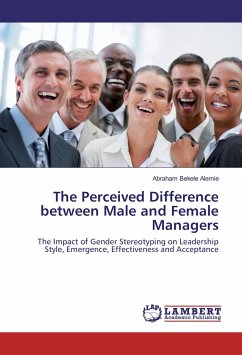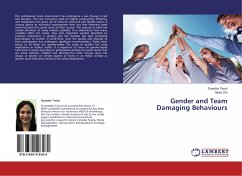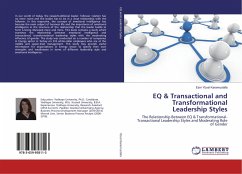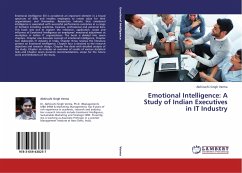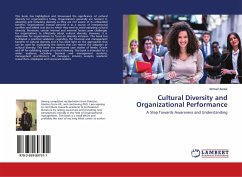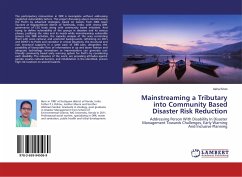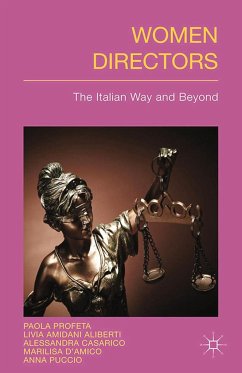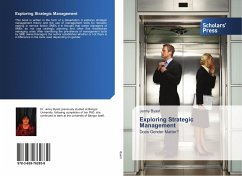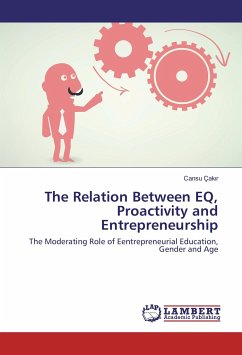
The Relation Between EQ, Proactivity and Entrepreneurship
The Moderating Role of Eentrepreneurial Education, Gender and Age
Versandkostenfrei!
Versandfertig in 6-10 Tagen
27,99 €
inkl. MwSt.

PAYBACK Punkte
14 °P sammeln!
Shepherd (2004) claims that EQ specializes in understanding how people act entrepreneurially. Simply, emotional intelligence may provide someone with the sense of understanding and regulating one's own emotions. (Chamorro-Premuzic, 2007).The effect of intellectual capacity on entrepreneurial attitudes was first argued by Knight (1921). There are several empirical studies about it, and the results have shown that if the individual has a higher level of intelligence, he or she could be more likely to be self-employed (De Wit & Van Winden, 1989; Wit, 1993); he or she may also have higher entrepre...
Shepherd (2004) claims that EQ specializes in understanding how people act entrepreneurially. Simply, emotional intelligence may provide someone with the sense of understanding and regulating one's own emotions. (Chamorro-Premuzic, 2007).The effect of intellectual capacity on entrepreneurial attitudes was first argued by Knight (1921). There are several empirical studies about it, and the results have shown that if the individual has a higher level of intelligence, he or she could be more likely to be self-employed (De Wit & Van Winden, 1989; Wit, 1993); he or she may also have higher entrepreneurial ability (Van Praag & Cramer, 2001). The findings imply that there is positive effect of emotional intelligence on entrepreneurial orientation. This relationship is furthermore significantly partially moderated by entrepreneurial education and demographic variables. Findings are discussed with respect to the literature. Implications for education institutions and policy makers to bring forth students' entrepreneurial behavior and thereby increase entrepreneurship among students are proposed.



